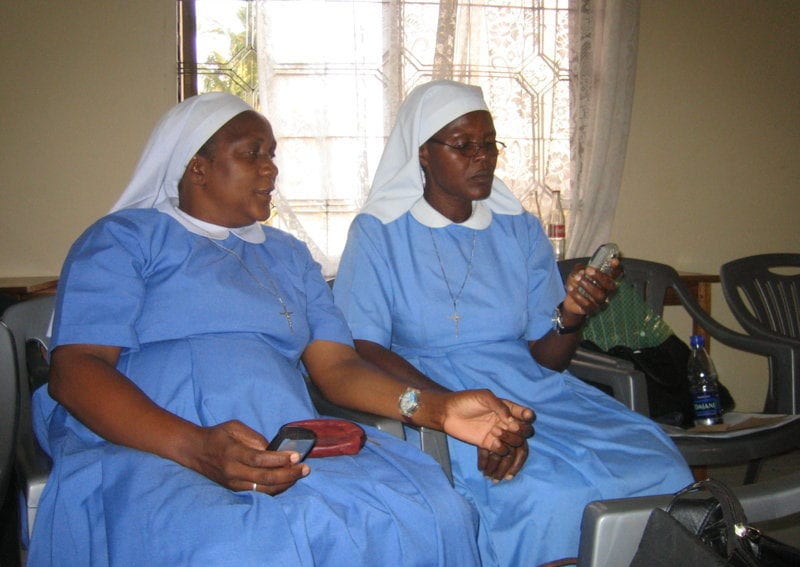Send to a friend
The details you provide on this page will not be used to send unsolicited email, and will not be sold to a 3rd party. See privacy policy.
[NAIROBI] Two research projects seeking to use mobile phone technologies to provide relief for individuals suffering from mental disorders in Sub-Saharan Africa are among 22 awarded grants by Grand Challenges Canada this month (10 January).
“Mental health is one of the most neglected areas of health globally,” observes Karlee Silver, vice-president of targeted challenges for Grand Challenges Canada. “Individuals [affected] are often stigmatised and excluded from economic activities for misplaced fear that they can infect others with the same condition.”
The 22 projects, 13 of which involve mobile phone technologies, have been funded at a total cost of 7.7 million Canadian dollars (US$7.2 million).
“The Grand Challenges Canada aims to reduce the costs while increasing the availability of commonly used medications for treating mental health by supporting the establishment of pharmacies run by individuals who use mobile phone application services.”
Karlee Silver, Grand Challenges Canada
The projects were selected from 125 applications, according to a statement from Grand Challenges Canada.
The statement adds that five African countries that have their institutions receiving the grants are Comoros, Ethiopia, Ghana, Nigeria and Uganda. The projects in Comoros and Uganda will use mobile phones to address mental health disorders.
In Comoros the project will equip primary healthcare centres and referral hospitals at Bambao Itsandra district — which has a population of 60,000 — with a basic telemedicine system that has tools such as computer, scanner, Internet connection and Web camera. The staff will be trained to operate the telemedicine tools.
Mobile phones will also be used to counsel patients with mental health disorders and to refer them to medical providers for further assistance.
The Ugandan project being implemented by Makerere University will train community health workers in northeastern Uganda’s Soroti district to screen individuals such as those traumatised by conflicts for mental disorders, says Seggane Musisi, a professor of psychiatry of the university who is a leader of the project, in a video that formed part of the application.
The health workers will then use mobile phones to connect with the individuals whose diagnosis turns positive for mental disorders for follow-up treatments.
Ellen Morgan, assistant programme officer of Grand Challenges Canada, tells SciDev.Net that the mobile phone applications will aim at reducing the number of patients being hospitalised as a result of mental illnesses.
Morgan says about 17,000 patients will benefit from the projects that have received the funding.
Silver tells SciDev.Net: “Most of the mental disorders that people suffer from can be managed with early detection”.
She adds: “The Grand Challenges Canada aims to reduce the costs while increasing the availability of commonly used medications for treating mental health by supporting the establishment of pharmacies run by individuals who use mobile phone application services”.
Erick Guda, a psychiatrist at the Kenya-based Kapsabet District Hospital, acknowledges that mobile phone technology could extensively benefit the general public by helping medical practitioners to diagnose mental health problems at their earliest stages.
“Although this technology is not presently adopted in the Kenyan setting, it presents a promising future for the improvement of mental health,” he says.
This article has been produced by SciDev.Net's Sub-Saharan Africa desk.














